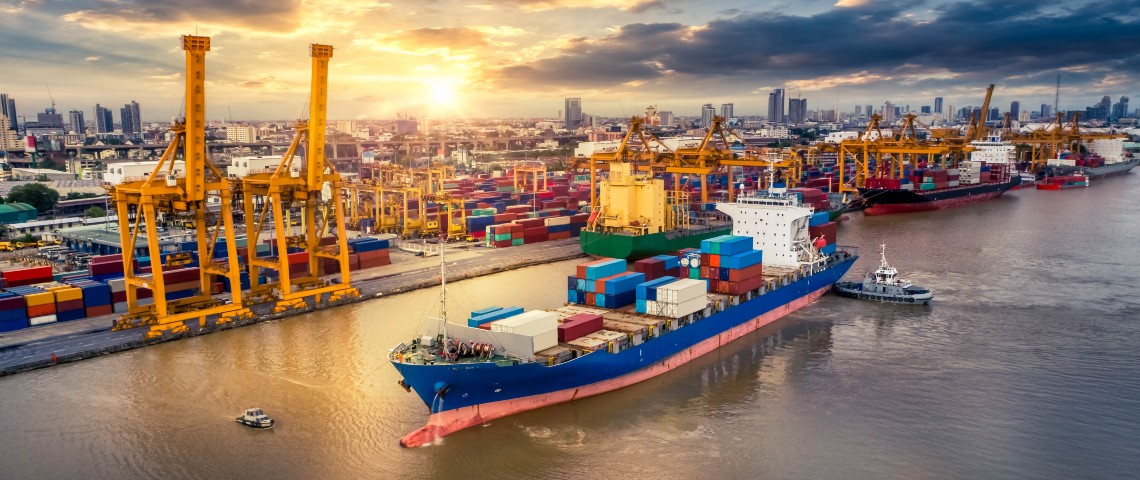Abu Dhabi, UAE – A rapid replacement of fossil fuels with renewable fuels based on green hydrogen and advanced biofuels could enable to cut up to 80% of CO2 emissions attributed to international maritime shipping by mid-century, a new report by the International Renewable Energy Agency (IRENA) finds.
Renewable fuels should contribute at least 70% of the sector’s energy mix in 2050, IRENA’s A Pathway to Decarbonise the Shipping Sector by 2050 shows, outlining a roadmap for the global shipping sector in line with the global 1.5°C climate goal.
IRENA’s Director-General Francesco La Camera said: “Between 80% and 90% of international trade is enabled through maritime means. Decarbonising global shipping is one of the most challenging sectors to address – and despite raised ambitions – current plans fall short of what is needed. This IRENA outlook clearly shows that cutting CO2 emissions in such a strategic, hard to abate sector is technically feasible through green hydrogen fuels.”
‘‘Taking early action is critical’, La Camera added. “May this report encourage policy makers, ship owners and operators, port authorities, renewable energy developers and utilities to work together towards common climate goals and show their ambition to world leaders at the UN climate conference COP26 in Glasgow.”
If the international shipping sector were a country, it would be the sixth- or seventh-largest CO2 emitter. IRENA’s decarbonisation 1.5°C pathway is based on four key measures such as indirect electrification by employing green hydrogen-based fuels, the inclusion of advanced biofuels, the improvement of vessels’ energy efficiency and the reduction of sectoral activity due systemic changes in global trade dynamics.
In the short term, advanced biofuels will play a key role in cutting emissions, providing up to 10% of the sector’s total energy mix in 2050. In the medium and long-term green hydrogen-based fuels will be pivotal, making up 60% of the energy mix in 2050. E-methanol and e-ammonia are the most promising green hydrogen-based fuels, with particularly e-ammonia set to be the backbone for the sector’s decarbonising by 2050. IRENA report flags that e-ammonia could represent as much as 43% of the sector’s energy needs in 2050, which would imply the use of about 183 million tonnes of renewable ammonia for international shipping alone, a comparable amount to today’s ammonia global production. (Image from IRENA)





